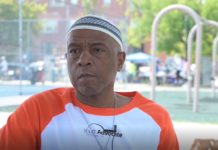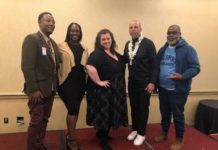Melissa Johnson felt she’d finally made it when she earned her bachelor’s in psychology from Frostburg State University in Maryland. But when months turned into years of getting turned down for job after job, she started to wonder whether the workplace was still in the dark ages when it comes to people like her.
“They take one look at you,” she said.
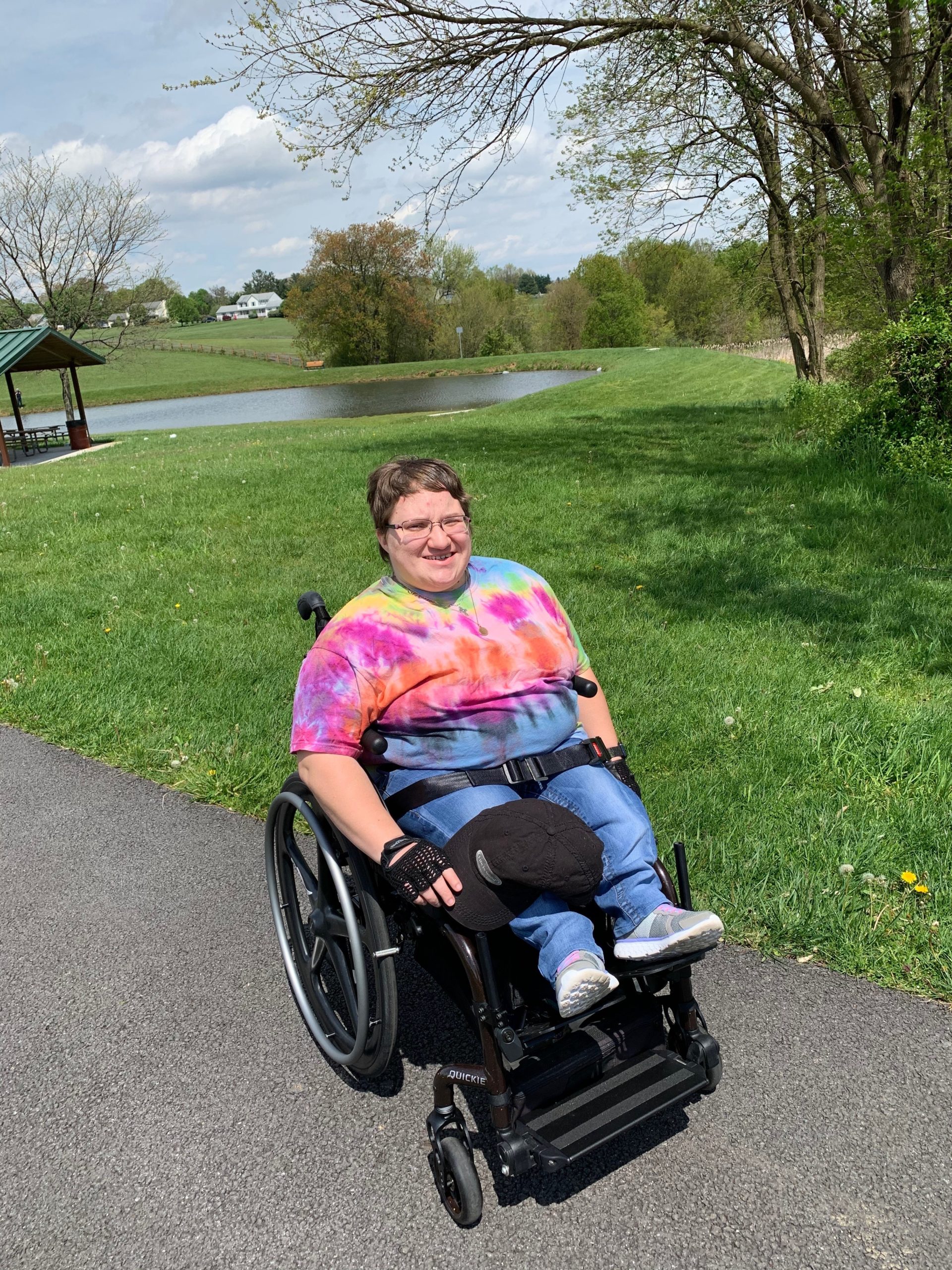
Take one look at her and see the wheelchair. Born without a lower spine, it’s how Melissa gets around.
In the face of all that rejection, Melissa did what she’s always done. She refused to give up. Then one day, Melissa rolled up to Adams County, PA Youth Advocate Programs (YAP), Inc. for her in-person interview for a position as a therapy support specialist (TSS). In 29 states and the District of Columbia, YAP partners with youth justice, child welfare and other social service systems to provide community-based alternatives to youth detention, congregate care or treatment, and out-of-home placement of young people with autism or developmental disabilities.
“I was really nervous. It was a group interview,” Melissa recalled.
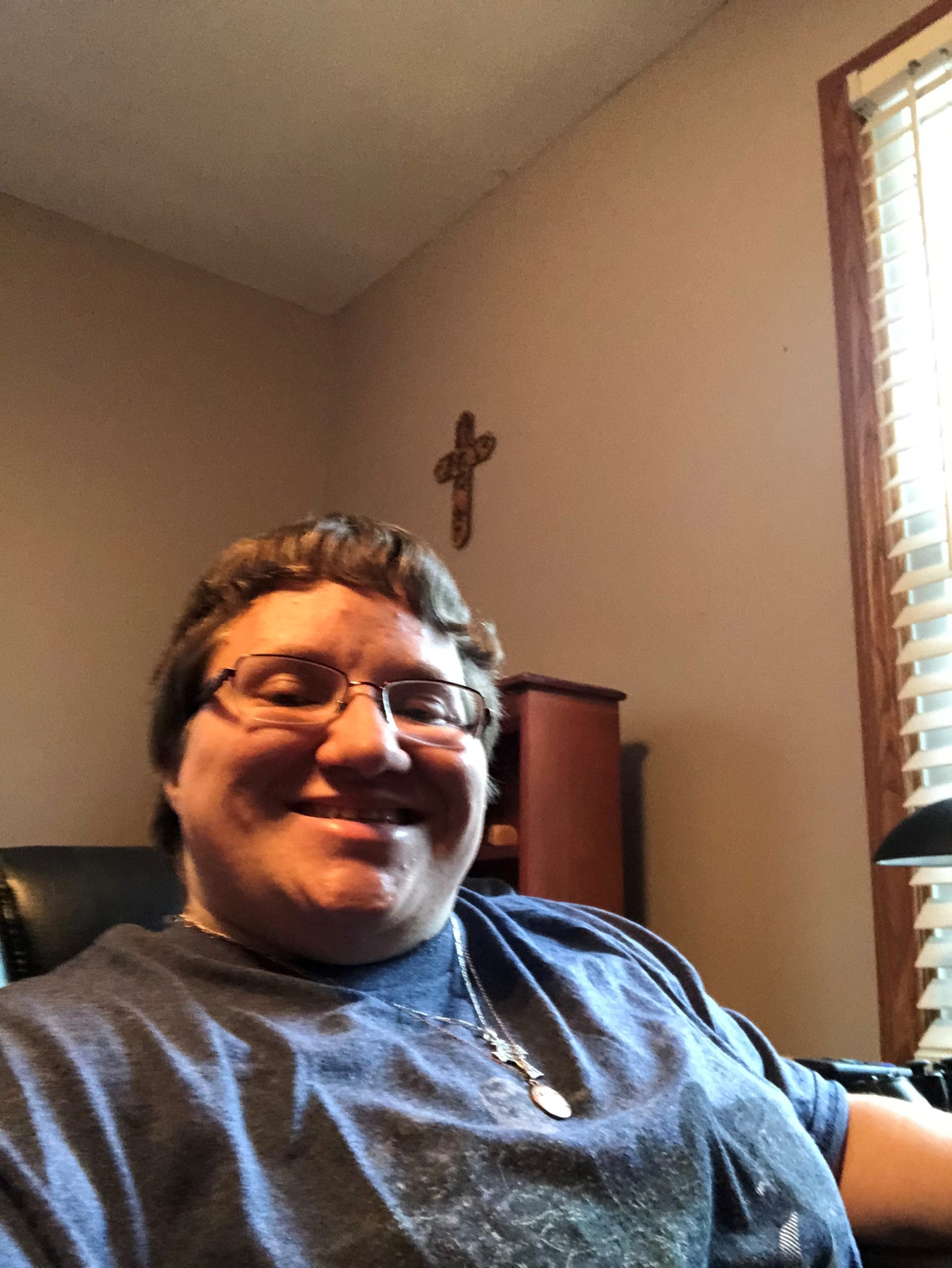
It felt right, though. In fact, it felt pretty perfect.
“Before I left, they said they’d have to do a background check on me.”
A few weeks later, at age 28, six years into her job search, the position was hers. She would be a school-based YAP therapeutic support specialist (TSS), working with students who have developmental disabilities and/or autism.
Melissa spent her first months in the office and partnered with co-workers, mostly YAP Advocates who work with youth in the justice system. Then in February 2019, she got her first in-school assignment serving as a TSS for a 12-year-old boy named Zach.
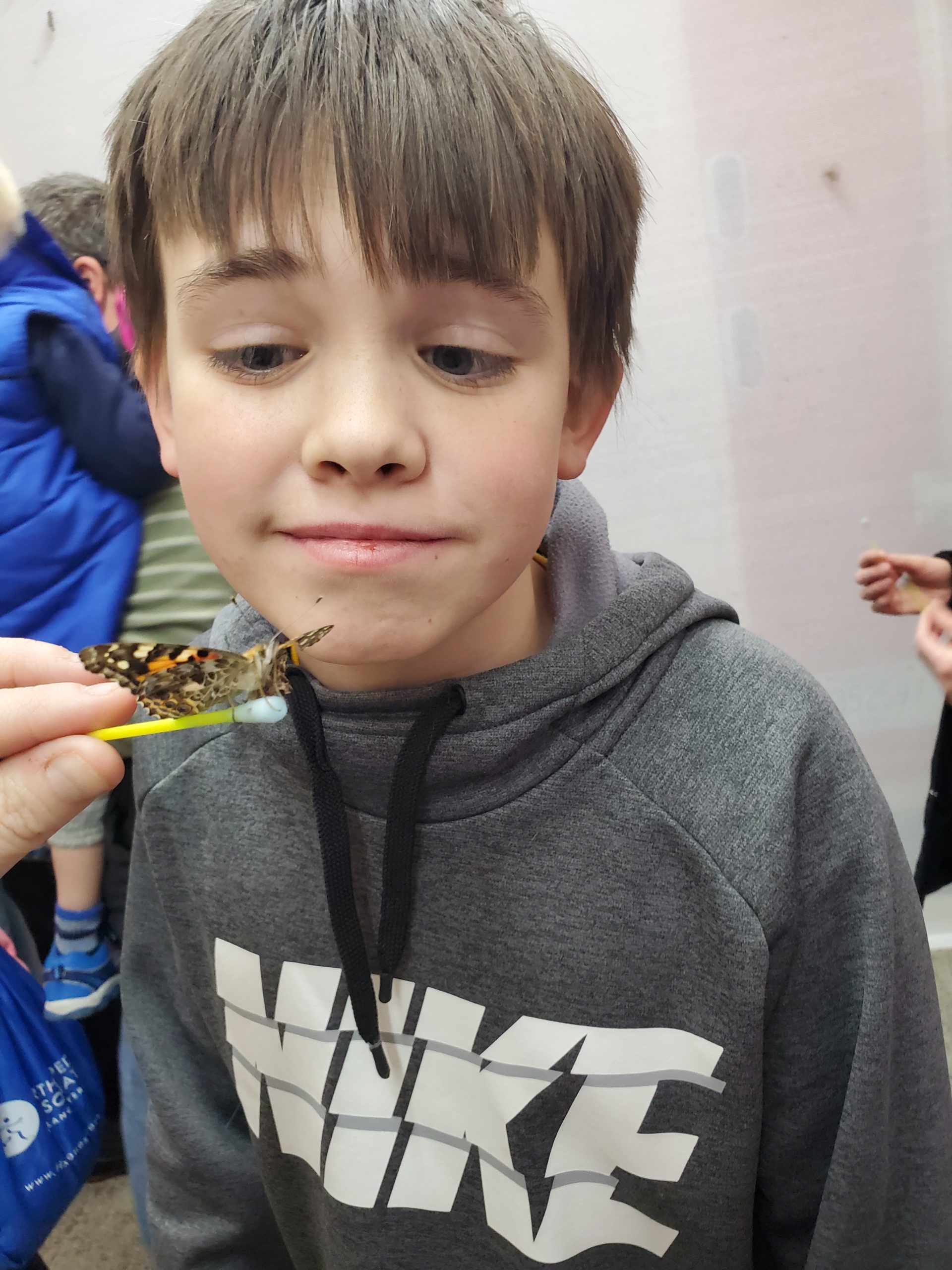
“He’s on the spectrum and gets overwhelmed and lost in the shuffle when there’s a lot of external stimuli,” said Zach’s mother, Terra. “It’s hard for him to advocate for himself and he’ll have a meltdown.”
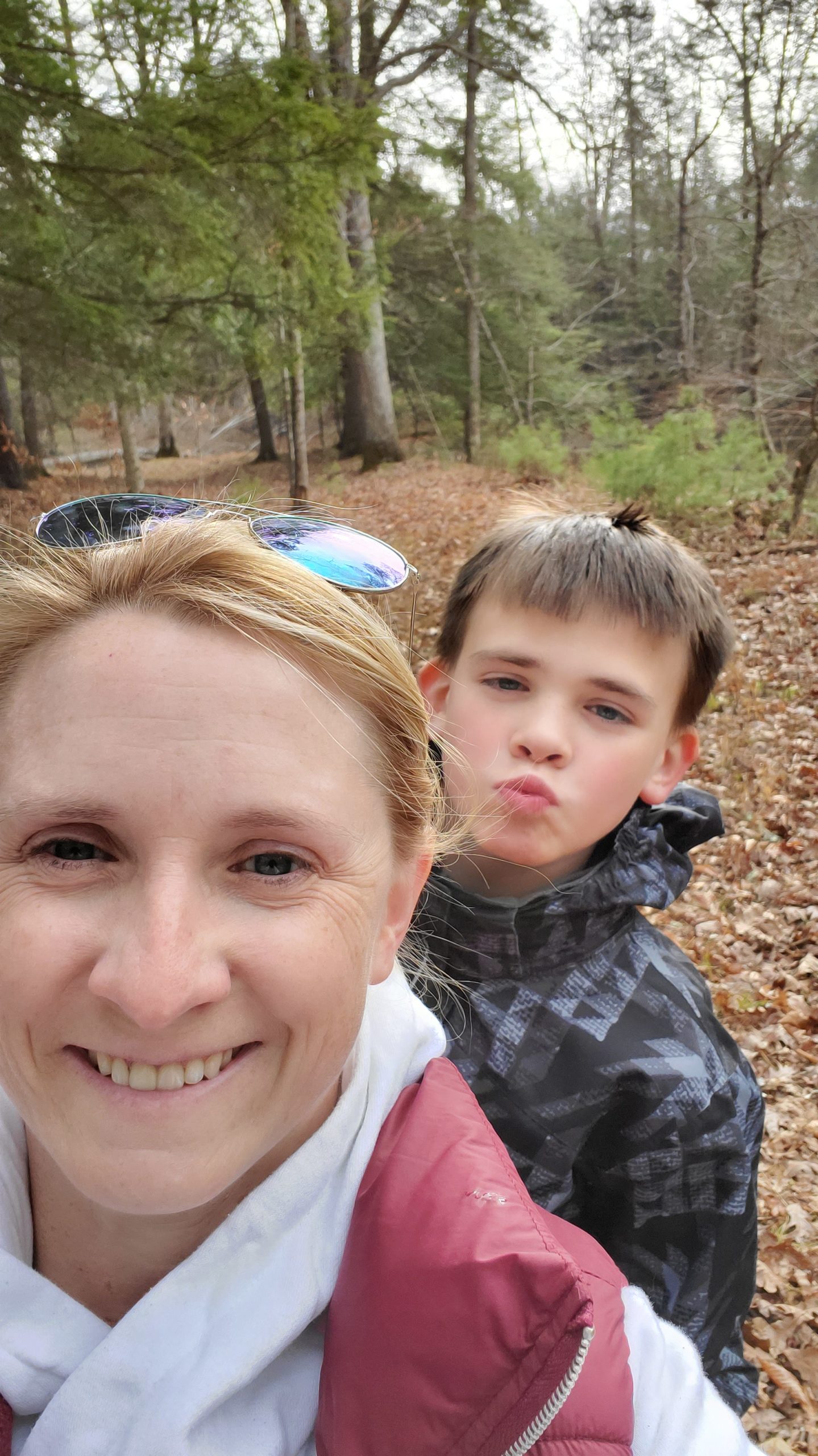
Zach’s Middle School made accommodations for Melissa, making sure that before her first day, she had a key to the private elevator.
“He was shy at first,” Melissa recalled as she thought back to her first time in the classroom with Zach. “There was no eye contact for the first week; but after a while, we started to get to know each other.”
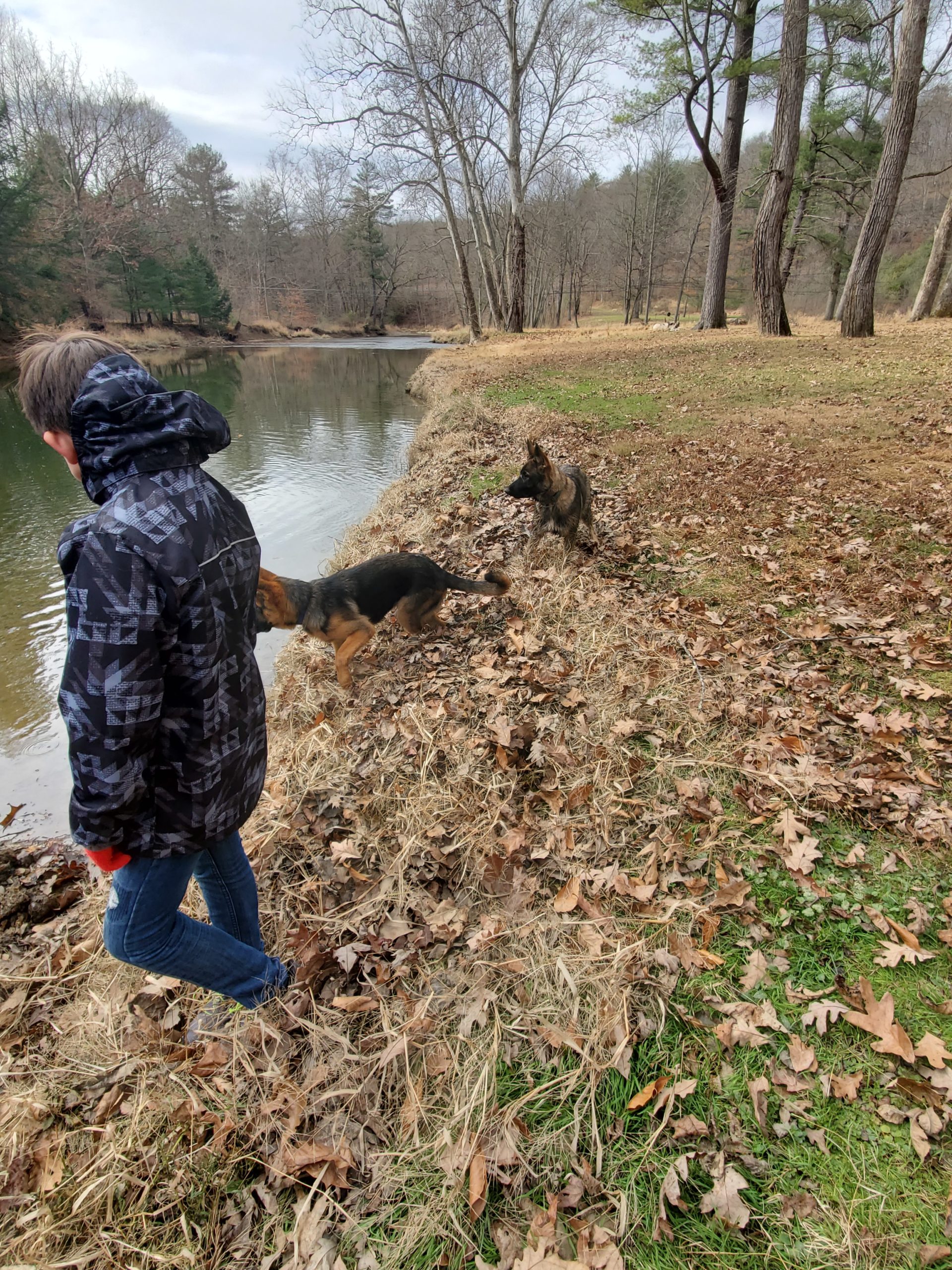
What Melissa first noticed about Zach was his compassion.
“This wheelchair didn’t faze him. Everywhere we went, he’d move stuff out of the way so I could get through.”
When he introduced her to his friends, Melissa saw that two of them are in wheelchairs, too.

Zach said the first and most important thing Melissa helped him with was to be better organized.
“I have a terrible memory. She can remember almost everything,” he said. “I’m pretty good with remembering my homework but she helped me see that sometimes it’s good to have a chart with me.”
YAP’s model is based on providing intensive mentoring that empowers young people to see their strengths and advocate for themselves.
“He learns quickly and he’s very caring. I’m the helper, the mentor,” she said. “Just by being there and giving him the cues, he began talking to me about his issues and developing his own coping skills.”
Terra started seeing a change in her son.
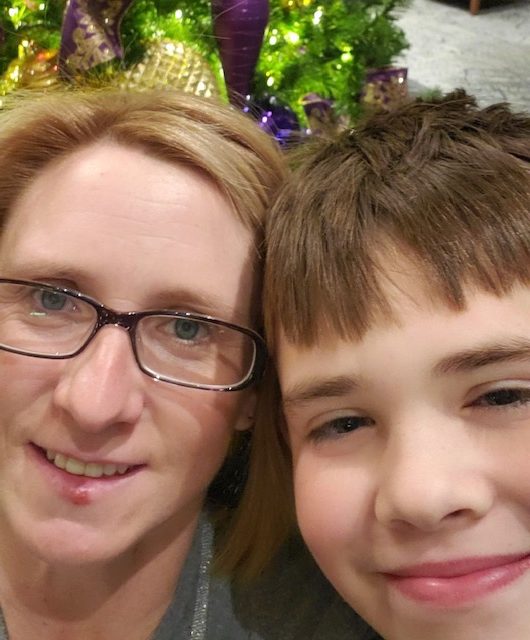
There were fewer meltdowns; his classwork was improving; and he was happier.
“She’s very nice and very, very helpful,” Zach said.
In March, Melissa and Zach learned that his school, like those across the country and around the globe would be closing because of the COVID-19 pandemic.
Melissa told Zach that YAP planned to continue providing therapeutic services to school-based program participants – with social distancing – in the students’ homes.
“He took out his phone and showed me a picture and said, ’this is why you can’t come to my house.’” Like most homes, there was no wheelchair access on the outside leading in and no room inside for one to maneuver.
“I wasn’t sure what was going to happen,” Melissa said. “I was like, ‘how is this going to work?’”
She thought about all the ground Zach had gained and wondered who would help him stay on track. She had her own worries, too, fearing that once again, she’d be out of work.
But as social distancing guidance quickly shifted to virtual work recommendations, Melissa was relieved to learn that with approval from YAP’s social services systems partners, offices were transitioning to telehealth and teleservices.
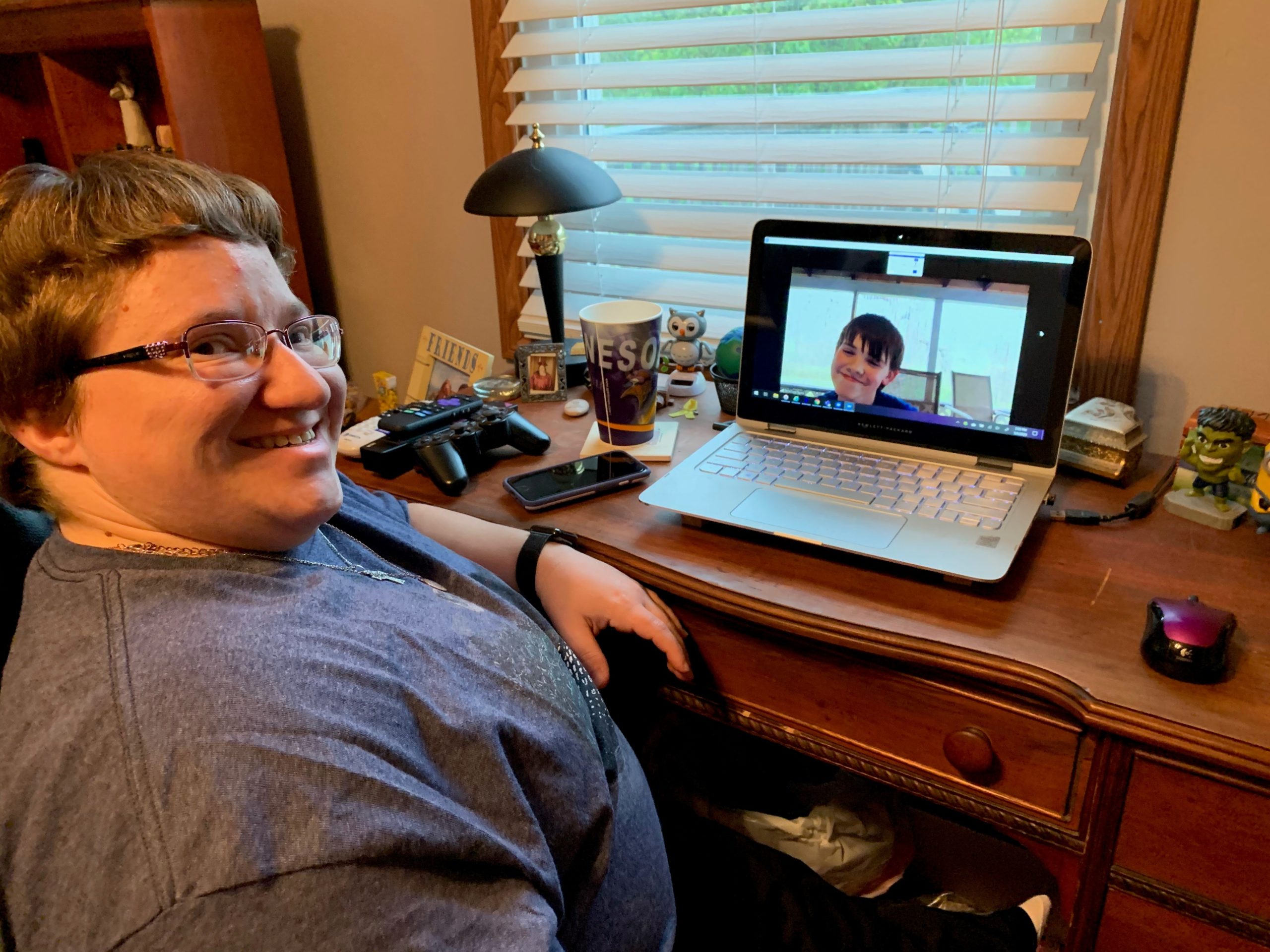
“This was great for Melissa,” said Adams County Acting Program Director Brenda Herring, one of the members of the YAP team who interviewed her for the job. “I knew Melissa was very tech savvy and would have no problem transitioning Zach’s individualized service plan to a virtual program.”
Brenda was right. Five weeks into the new arrangement, Melissa and Zach now spend four-to-five hours a day together on Zoom video calls.
“We split it up between morning and afternoon. I attend his Zoom meetings with his class beginning with math in the morning,” she said.
Using the video technology, Melissa has been able to provide a more focused form of therapeutic support and one-to-one tutoring that she wasn’t able to offer in a school setting.
“We’re able to share screens. One time she pointed something out that at first I didn’t even see in my screen,” Zach said. “The answer to the problem was right there!”
In addition to helping him with classwork, Melissa is now spending time with Zach when he’s with his parents and younger brother and sister.
“He’ll FaceTime me. He takes me along on walks with his phone,” she said. “I’ve gotten to know his little brother – who’s adorable – and all his many animals, including Mieke and Lucas, his two dogs.”
Melissa’s gotten to know Zach’s parents better, too; and sees him in the context of his life outside of school.
“I like music and so does he; I see a whole different side of him. At school he’s quiet, and at home he’s goofy, like when he plays music and dances to it,” she said. “One time, he said, ‘I’m going on break; and he played the gummy bear song and he did the floss dance.”
Melissa has also let Zach know that she, too, has a home life.
“He asked me if I spend all day in my room. I laughed and told him that I go outside,” she said. “I scoot and crawl. I started planting my garden — green peppers and beans.”
Since working with Melissa, Zach has started to think about what he wants to do when he grows up and realizes he has many options.
“I’m probably best at history. I also like science,” he said. “I probably want to be a scientist.”
Terra has appreciated Melissa’s work with her son from the very beginning, but never as much as she has since the onset of the pandemic.
“All of this was thrown upon us. Melissa has helped me stay on top of things,” she said. “She helps with schoolwork; and she’s also available for meltdowns. It’s nice.”
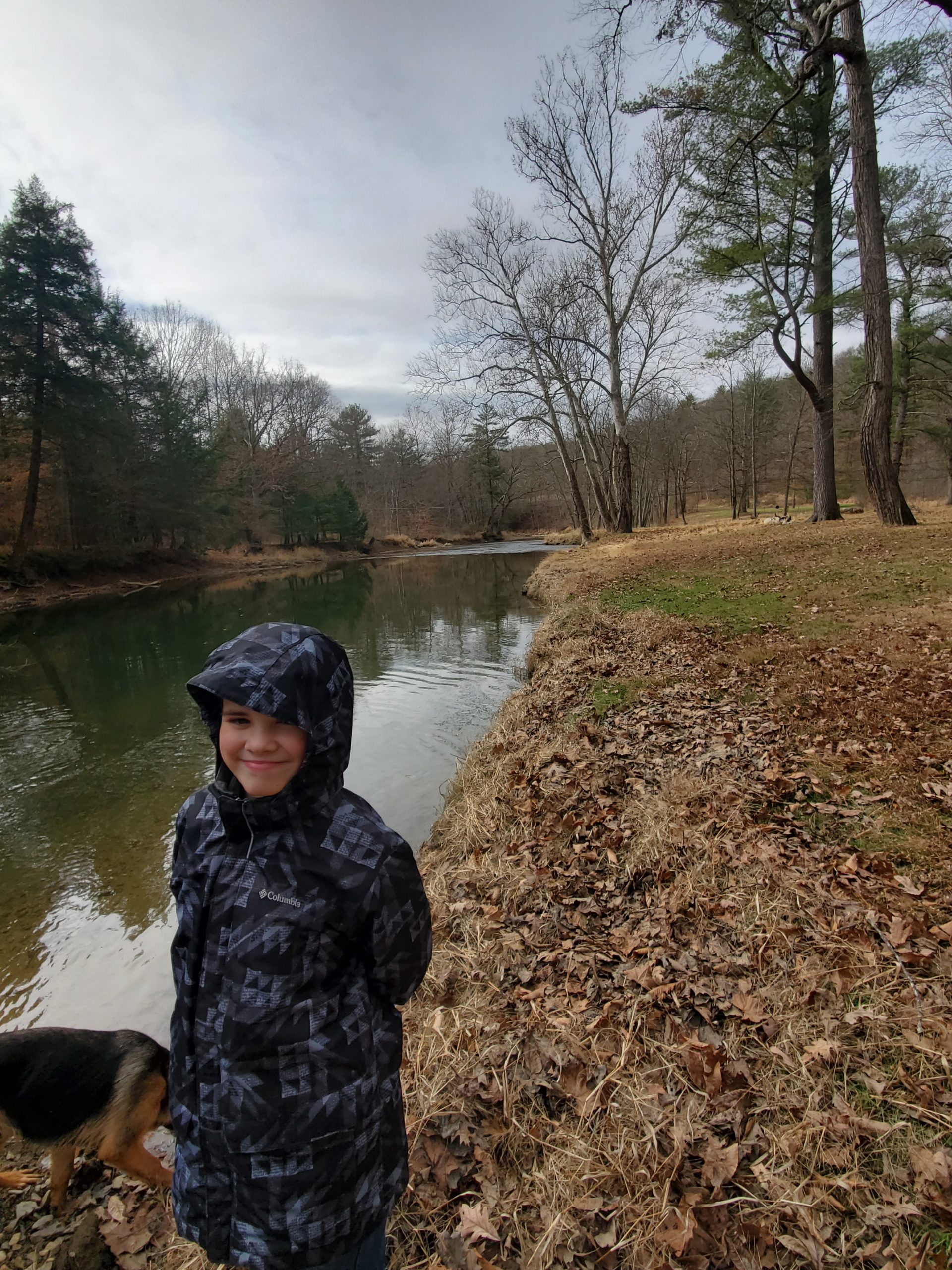
Melissa’s goal is for Zach to strengthen his self-advocacy; to pursue his interests and to become independent.
“That’s my goal, too,” his mom said. “My hopes are for him to follow his dreams.”
Melissa is grateful that through technology, she’s able to be there for Zach at such a critical juncture in his journey; and that by helping him pursue his dreams, she’s living hers.










